Obama meets Dalai Lama behind closed doors
Dalai Lama has also increasingly spoken of succession and has not ruled out picking his reincarnation before his death
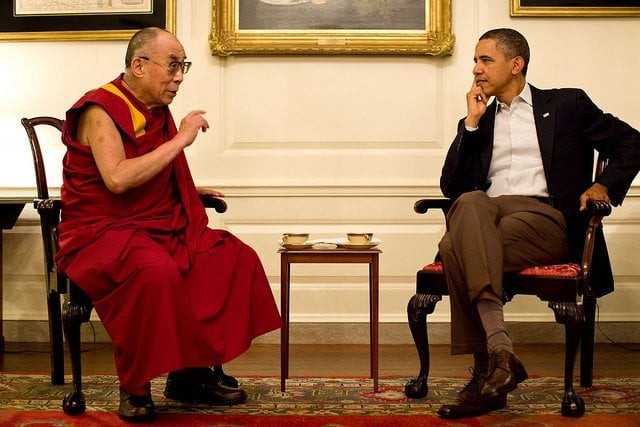
President Obama meets with the Dalai Lama at the White House. PHOTO: White House
Obama carried out what has become a political rite in Washington, spiriting the exiled Tibetan spiritual leader into the White House through the back door and prompting the usual Chinese denunciations.
Since coming to office, Obama has hosted the Dalai Lama three previous times. Each time, Obama has tried to limit the fallout by holding the meeting behind closed doors.
This latest confab took place in the Map Room, not the Oval Office, and the press was not invited -- meaning images of the two Nobel peace laureates would not be flashed around the world.
The 80-year-old Buddhist monk did not appear to enter the White House through the usual West Wing entrance, which is the route for most - although not all - visitors.
Dalai Lama says must not see all Muslims as terrorists after Orlando
Even before the meeting, Beijing made its displeasure felt, warning it would "damage mutual trust and cooperation."
"China's foreign ministry has launched solemn representations with the US side, expressing our firm opposition to such an arrangement," foreign ministry spokesman Lu Kang told reporters.
Lu added that the meeting would "send a wrong signal to the separatist forces seeking Tibet independence."
Obama calls the monk, who is revered by Tibetans but portrayed by Beijing as a dangerous separatist, "a good friend."
He made a high-profile public appearance with the Dalai Lama last year at a prayer breakfast in Washington, calling him "a powerful example of what it means to practice compassion."
But Obama was criticized in 2010 for obliging the 80-year-old, clad in his characteristic red robes and flip flops, to leave the White House through a back door and walk past piles of snow and bags of rubbish.
Beijing accuses the Dalai Lama of using "spiritual terrorism" to seek independence for Tibet.
The spiritual leader - who has lived in exile in India since a failed 1959 uprising - has for decades called for more Tibetan autonomy rather than independence.
Beijing maintains he is a "wolf in monk's clothing" and vigorously lobbies - often successfully - against foreign leaders meeting him.
Senior members of Congress have gone one step further, meeting both the Dalai Lama and Lobsang Sangay, the political leader of the Tibetan government-in-exile.
Obama to meet Dalai Lama at White House on Wednesday: official
Tibetans "feel happy about His Holiness meeting the president," said Sonam Dagpo of the Tibetan government-in-exile, adding they hoped the US would support "the struggle of Tibetans."
China has ruled Tibet since the 1950s, but many Tibetans say Beijing represses their Buddhist religion and culture - charges China denies.
More than 130 ethnic Tibetans have set themselves on fire since 2009 in protest at Beijing's rule, campaign groups and overseas media have said. Most of them have died.
The Dalai Lama has described the protests as acts of desperation that he is powerless to stop.
Many observers believe China is confident that the Tibetan movement will lose much of its potency and global appeal when the charismatic Dalai Lama dies.
The Dalai Lama has also increasingly spoken of succession and has not ruled out picking his reincarnation before his death, fearing that China would instead pick its own boy whom it would use to advance its agenda.
His stance has led Chinese communist rulers, who are officially atheist, to insist that the Dalai Lama can only reincarnate after his death.


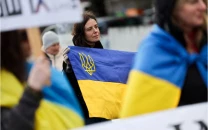

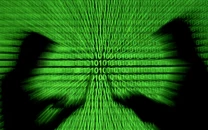
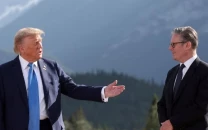
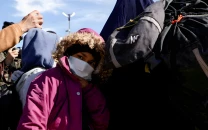












COMMENTS
Comments are moderated and generally will be posted if they are on-topic and not abusive.
For more information, please see our Comments FAQ